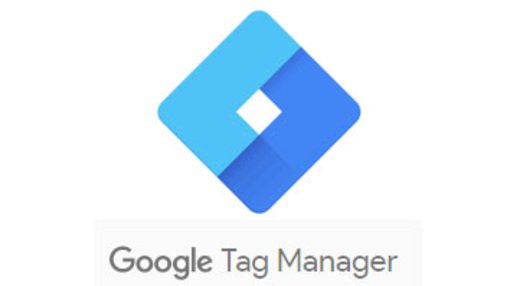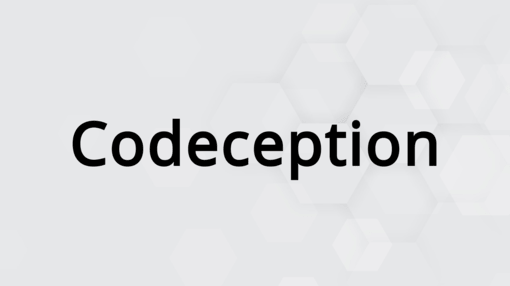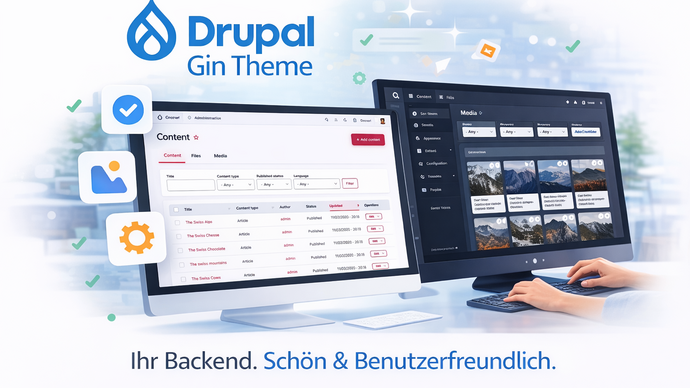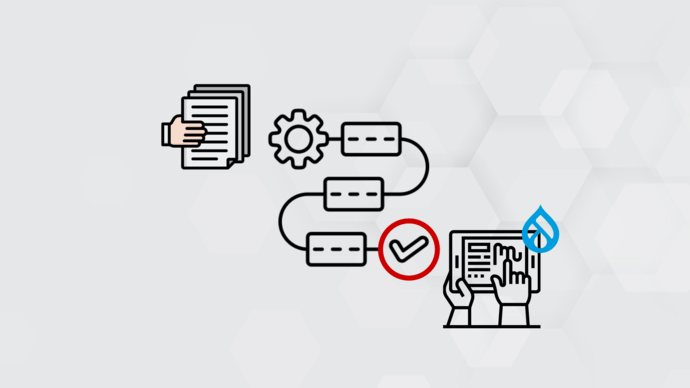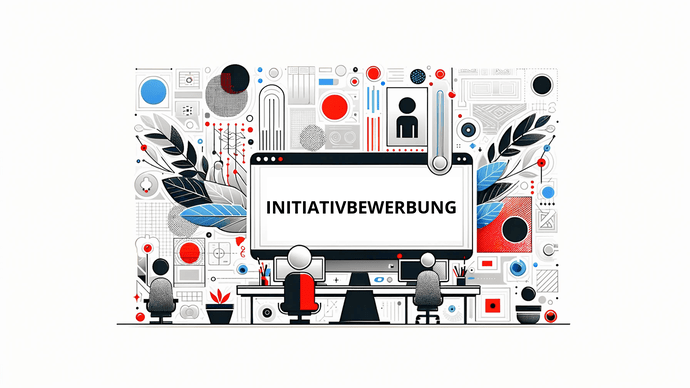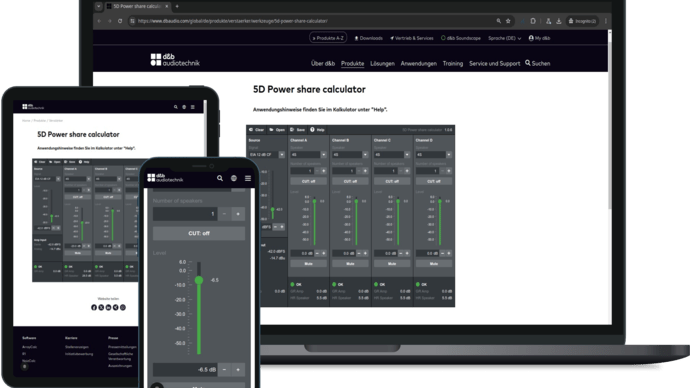Shopify is a leading e-commerce platform that is used by companies of all sizes to run their online business. The platform is particularly popular with companies looking for a professional software solution for their online stores. However, Shopify is not only a stand-alone solution, but can also be integrated perfectly into existing systems. Shopify can fully exploit its strengths and possibilities, especially in the context of headless drupal projects.
Our agency in Stuttgart has found that Shopify's user-friendliness is one of the main reasons for its popularity with retailers. With the store system's intuitive interface and easy-to-understand features, Shopify makes it possible to create and manage an online store without extensive technical knowledge. For example, products can be added with just a few clicks, stores can be customized and payment and shipping terms can be set up. This makes it the first choice for companies looking for a professional provider for their e-commerce solutions.
Some advantages of Shopify
- Ease of use: Shopify is known for its ease of use. You can set up a functioning online store in a very short time.
- Customizability: Shopify offers a variety of themes and apps that allow you to customize your store to your liking.
- Scalability: Shopify can grow with your business. As your business grows and you need more features, you can switch to Shopify Plus.
- Customer service: Shopify offers round-the-clock customer support.
You should pay attention to this
-
Fees: Payments and tariffs
Costs per month: Shopify is available in various tariffs starting from €36 per month in the Basic tariff and from €2000 in the highest tariff, Shopify Plus.
Shopify payments and payment fees: In addition to the monthly cost, Shopify charges transaction fees unless you use Shopify Payments, Shopify's own payment service. Make sure you understand all fees before choosing the platform. Transaction fees for processing payments vary depending on the type of payment method or payment provider used and the country of registration of the credit card used for the transaction. These costs are borne by the merchant. If you use Shopify Payments as your payment provider, there are no third-party transaction fees.
- Customization: While Shopify offers many customization options and extensions, you may need a developer for certain specific features or design customizations.
- Dependence on apps: Many extensions in Shopify require the installation of apps, which can incur additional costs for the merchant.
Shopify Plus
Shopify Plus is the enterprise version of Shopify, designed for large businesses and brands. It offers advanced features such as higher scalability, better customization options, dedicated support options and more. You should go with Shopify Plus if your business processes a high volume of transactions, if you need advanced customizations that aren't possible with the regular Shopify plans, or if you have special requirements for security, customer service, or other aspects.
The competition is diverse
The choice of e-commerce platforms is large, with competitors such as Magento, BigCommerce and Squarespace - to name just a few. Each of these solutions has a different focus and sometimes serves different target groups. Basically, it can be said that there is no one perfect platform for everyone. Each project has its own individual requirements that need different solutions. But as an experienced agency in Stuttgart, we are happy to work with Shopify as a reliable and professional provider for setting up and managing online stores.
Drupal and Shopify
The combination of Drupal and Shopify offers enormous advantages. Drupal, as a powerful content management system (CMS), is ideal for managing content and creating appealing user interfaces. Shopify, on the other hand, is a specialized e-commerce platform that offers all the features needed to run an online store.
The integration of Shopify into Drupal projects makes it possible to utilize the strengths of both systems. With our expertise as a professional provider of Drupal solutions in Stuttgart, we support you in the realization of headless projects. We combine the flexible and powerful CMS Drupal with the efficient and user-friendly e-commerce solution Shopify to offer you the best of both worlds.
So if you're looking for a professional provider in Stuttgart to help you integrate Shopify into your Drupal projects, we're the people to talk to. With our experience and expertise, we can help you get the best out of your headless projects.
Here is an example of how the headless integration of Drupal and Shopify works
- Content management: Drupal acts as a content management system (CMS), allowing you to create and manage your content, including product descriptions, blog posts, landing pages and more. Drupal provides a robust and flexible platform for creating, editing and organizing content.
- API integration: Drupal makes its content available via APIs (Application Programming Interfaces) that can be used by Shopify. This allows Shopify to retrieve product information, prices, images and other relevant data from Drupal.
- Shopify Storefront: The front-end of your online store is created with the Shopify Storefront API, which retrieves data from Drupal via the APIs. The Shopify Storefront manages the shopping cart, checkout process, payment gateway integration and other e-commerce features.
- Seamless user experience: By integrating Drupal and Shopify, you can ensure a consistent and seamless user experience. Users can browse products, read content and make purchases without noticing the transition between Drupal and Shopify.
Advantages of headless Drupal with Shopify
- Flexible content: Drupal offers powerful content management features that allow you to create and manage content in a highly customizable way. You can leverage Drupal's extensive ecosystem of modules and themes to create rich, engaging content.
- E-commerce features: Shopify is known for its robust ecommerce features, including inventory management, order fulfillment, payment gateways, and more. By using the Shopify storefront, you can utilize these features while leveraging Drupal's content management capabilities.
- Scalability: Both Drupal and Shopify are highly scalable platforms. They can handle large amounts of traffic and meet growing business needs without compromising performance.
- Separation of concerns: With the headless approach, frontend and backend are decoupled, allowing for independent development and deployment. This separation allows for more flexibility, faster iterations and the ability to use different technologies for each layer.
To summarize, integrating Headless Drupal with Shopify allows you to combine the content management power of Drupal with the robust ecommerce capabilities of Shopify. This approach provides flexibility, scalability and a seamless user experience for your online store.
You can find detailed information on the various options for your store system on the official Shopify website.
Overview of Shopify Payments: https://www.shopify.com/payments
Overview of all monthly tariffs: https://www.shopify.com/pricing



